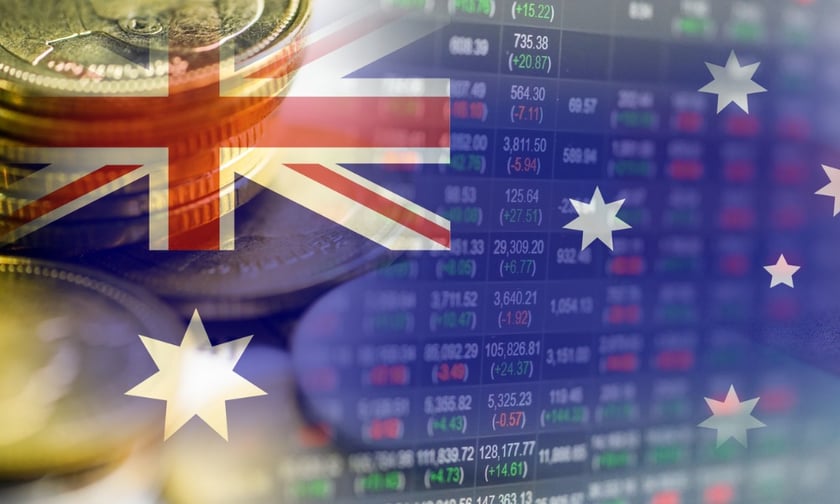

Australia’s GDP witnessed a modest rise of 0.2% in the December quarter, marking a slow but steady growth amidst economic uncertainties, fresh ABS data showed.
“Growth was steady in December but slowed across each quarter in 2023,” said Katherine Keenan, ABS head of national accounts. “Government spending and private business investment were the main drivers of GDP growth this quarter.”

Government final consumption saw a 0.6% increase, attributed to more spending on medical products, services, and higher employee expenses, notably impacted by the Referendum on an Aboriginal and Torres Strait Islander Voice.
Meanwhile, private business investment grew by 0.7%, with significant investment in non-dwelling construction like data centers and warehouses.
Public investment, on the other hand, dropped for the first time since the September 2022 quarter, decreasing by 0.2% due to completed transport and health projects by state and local governments.
Net trade also played a role in this quarter’s GDP growth, with a notable decrease in imports by 3.4%. Although exports declined 0.3%, primarily due to a decrease in goods exports, the reduction in imports contributed positively to the overall GDP figure.
Employee compensation increased by 1.4% in the December quarter and 8.4% year-on-year. The rise was led by a 3.3% increase in public sector wages, fueled by new bargaining agreements, an increase in employees, and the Referendum on an Aboriginal and Torres Strait Islander Voice. Meanwhile, compensation in the private sector grew by 0.9%.
Household spending remained subdued, with a minor increase of 0.1%. Essential spending categories saw growth, whereas discretionary spending experienced declines. Despite these challenges, the household saving to income ratio saw an improvement, rising to 3.2%.
“Compensation of employees and government payments were the drivers of the increase in income received by households in December,” Keenan said.
Reduced household income tax payments, due to adjustments in tax return timings and increases in compensation and investment income, led to an 11.5% rise in income tax payable in 2023, ABS reported.
Get the hottest and freshest mortgage news delivered right into your inbox. Subscribe now to our FREE daily newsletter.
